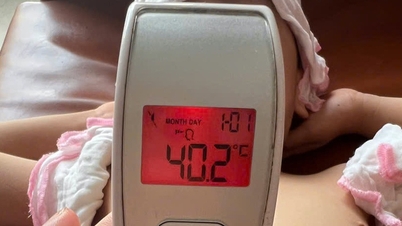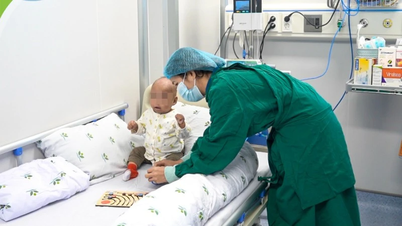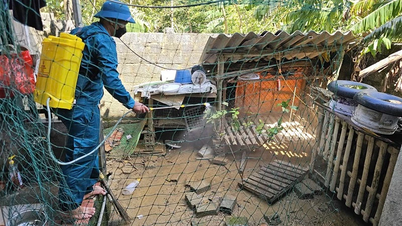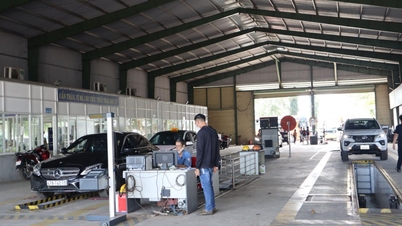Protein is made up of more than 20 amino acids. However, the human body can only produce 9 types of amino acids. This group is called essential amino acids. Therefore, to help the body function well, the body needs to be supplied with the remaining amino acids through food, according to the website Eating Well (USA).

Long-term protein deficiency will affect the bones' ability to absorb calcium and make them brittle.
Therefore, eating enough protein is essential for health. The US National Institutes of Health recommends consuming about 0.8 grams of protein per kilogram of body weight per day. This amount of protein can come from plants and animals. If you do not consume enough protein, your skeletal muscles will show the following signs of instability:
Muscles shrink
For gym goers, eating enough protein will help muscles grow and develop. Similarly, a diet lacking in protein will cause muscles to shrink.
The reason is because when there is a lack of protein to function, the body will mobilize the available protein in the muscles. It is this mechanism that causes a protein-deficient diet in athletes to cause muscles to shrink.
Weakness and fatigue
A meal or a day lacking protein does not have a major impact on health. However, if this condition persists for a long time, it will not only cause muscles to shrink and reduce muscle mass, but also cause fatigue. It can even make daily activities such as climbing stairs and keeping balance more difficult.
Fragile bones
When it comes to bones, most of us think of calcium. This is not surprising because strong bones need to be provided with enough calcium. But in fact, protein plays an equally important role.
About 50% of bone volume is protein. Therefore, protein plays an extremely important role in bone health. If you do not consume enough protein, your bones will be more susceptible to fracture.
Additionally, a study in the Journal of Nutrition found that adequate protein intake plays an important role in the body's ability to absorb calcium. Therefore, a lack of protein will reduce the amount of calcium absorbed into the bones. If this condition persists, it will lead to reduced bone density and an increased risk of fractures, according to Eating Well .
Source link



![[Photo] Prime Minister Pham Minh Chinh chairs meeting to deploy overcoming consequences of storm No. 10](https://vphoto.vietnam.vn/thumb/1200x675/vietnam/resource/IMAGE/2025/10/3/544f420dcc844463898fcbef46247d16)
![[Photo] Students of Binh Minh Primary School enjoy the full moon festival, receiving the joys of childhood](https://vphoto.vietnam.vn/thumb/1200x675/vietnam/resource/IMAGE/2025/10/3/8cf8abef22fe4471be400a818912cb85)































































































Comment (0)